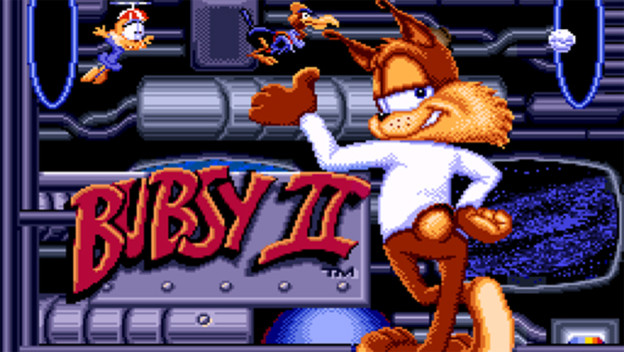In humans, there is a cognitive bias that causes us to romanticize elements of the past. We respond emotionally to various stimuli that take us back and create an overall pleasurable experience. Many of us managed to enjoy video games quite a bit more as children, as we were more capable of unwinding. Combine those idealized conditions for gaming plus the aforementioned bias, and you have what people typically refer to as rose-colored glasses. Or, in more traditional terms, nostalgia as it pertains to gaming.
One of the biggest ways this nostalgia manifests itself is in generalized claims about the glory of retro gaming, as if there was some kind of golden age. I think it’s fair to suggest that advances in narrative design, intuitive controls, and higher production values have made the industry bigger and better in most ways. Game design has been building on the accomplishments of the past. More good games come out a year than they did previously. Still, people like to say retro games are just better. That’s where the bias comes in.
You see, when we think about retro gaming, we often think of the creme of the crop. We think Mega Man X or we think Legend of Zelda: A Link to the Past. We don’t think Bubsy and its ilk, which were far more prominent at the time. This generalizing a time period also works when applied to specific games. We remember how they made us feel at the time, before we knew better. We remember the best elements of the game and the carefree time in which we played them, but we are rarely critical of the game’s faults. Hell, we may not even remember them, and it is even possible that they may not have been perceived as faults at the time. This is something that gamers, and critics especially, need to look out for.
Final Fantasy VII is finally getting a remake in order to meet overwhelming fan demand. Many are worried that this remake won’t stay true to the original game, but what is important to note is just how much that game has aged. To go back with a critical eye is to recognize that the game is far from perfect and would simply not be a good match in the industry’s current landscape unless it is significantly altered. The most recent port of the game, now available on the PS4, exemplifies this issue.

The downloadable title includes cheat modes built right into the design which can be effortlessly toggled on and off. One of these modes speeds the game up by a multiple of three and another can turn off random encounters. While those two modes are on, a player begins to realize a couple things about the game’s opening segment which takes place in Midgar. First, there is almost no difficulty to that section; it is basically press X to win, with rare exception. Second, this giant, sprawling city we imagine is actually just a few small areas that we have to trek through multiple times. Third, this 8 hour section is much more enjoyable when you can complete it in just about 3 hours. It’s essentially a tutorial, and seems to artificially prolong the game for no reason other than the mechanics and design tendencies of its time. If you play older JRPGs on emuators, which also feature the ability to speed up gameplay, you begin to notice how grinding levels isn’t really great design. Later Final Fantasy games seem to refine this element of their gameplay.
That being said, when someone talks about a retro game, it isn’t entirely fair to dismiss them as someone who is just being nostalgic. Nostalgia can take a few different forms, and it is entirely possible to praise a game while still acknowledging that some of the pleasure it provides is, indeed, derived from nostalgia. Some people just have a taste for older games. Some people prefer turn based gameplay, for example. It’s just a bias that we, as gamers, need to work to overcome, but it isn’t a bias that undermines all retro critique. Awareness is the key, here.
